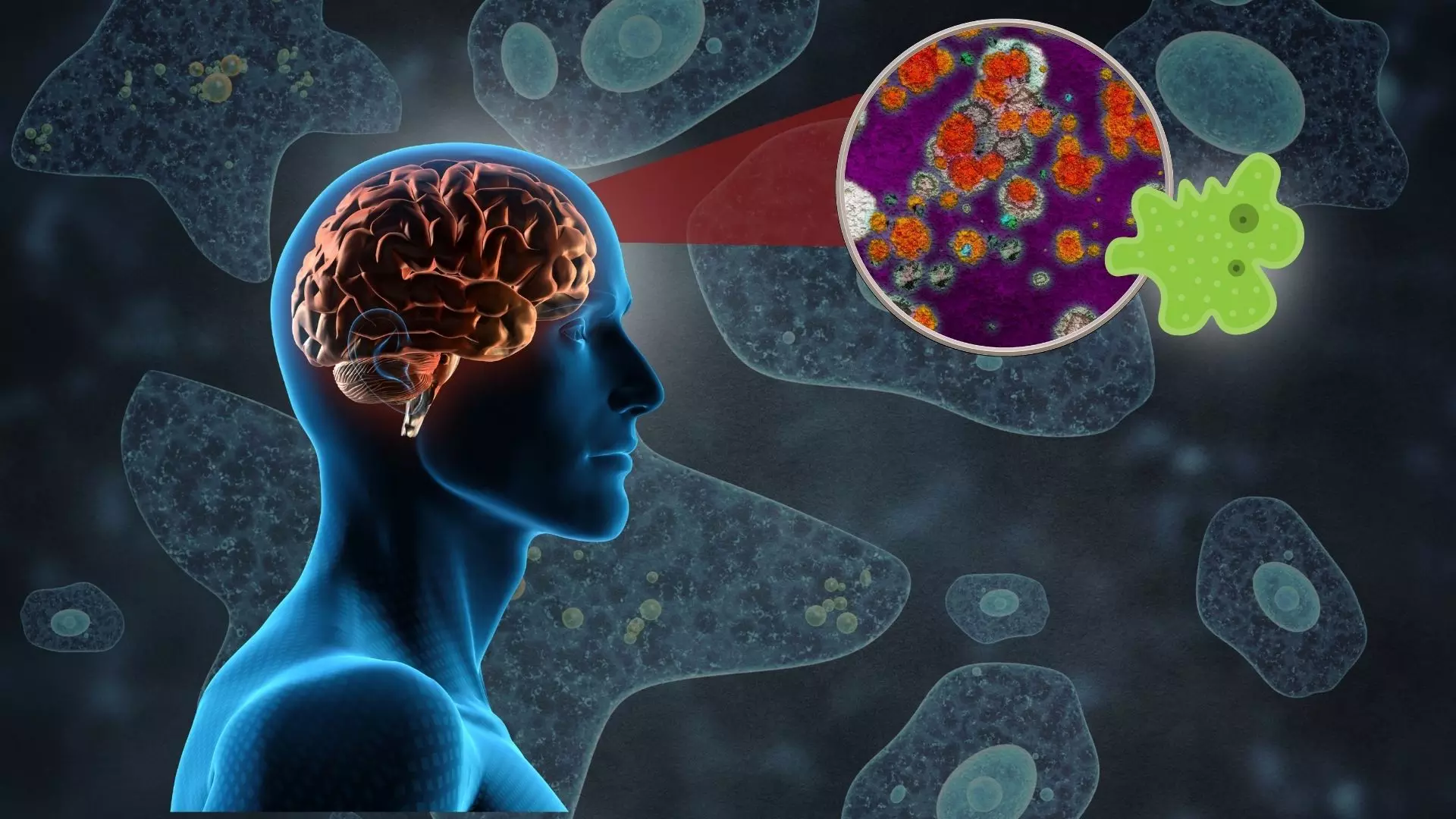
Kerala’s fight against the lethal brain-eating amoeba and a medical ‘miracle’
Kerala has reported 42 cases of the deadly Naegleria fowleri infection so far this year; why are cases rising? How did doctors achieve a 'miraculous' recovery?

Kerala is battling a deadly health crisis. A rare but fatal infection caused by the brain-eating amoeba has already claimed five lives this year, with three deaths in August and two in September.
In 2025 alone, the state has reported 42 confirmed cases, mostly concentrated in Kozhikode and Malappuram districts. Last year, Kerala saw 36 cases and nine deaths, but also a higher survival rate than the global average.
The infection, known as amoebic meningoencephalitis, is caused by the amoeba Naegleria fowleri. Globally, it has a fatality rate of over 97 per cent. Yet, Kerala’s proactive measures helped 27 of 36 patients survive in 2024.
How the amoeba spreads
The amoeba thrives in warm freshwater ponds, wells, rivers, lakes, and even poorly chlorinated swimming pools. It enters the body through the nose during swimming, bathing, or nasal cleansing, travels to the brain, and causes Primary Amoebic Meningoencephalitis (PAM).
To counter the threat, the Kerala government has launched an urgent campaign called “Water is Life”. Teams are chlorinating wells, water tanks, and public bathing areas, while officials urge families to take precautions, especially during the monsoon.
Also read: Kerala’s tragedy and resilience: Teen cheats death amid unfolding brain-infection crisis
Why cases are rising
Experts link the surge in cases to climate change, warmer water bodies, rising pollution, and traditional practices like ritual nasal cleansing. Together, these factors create an environment in which the amoeba thrives and spreads.
A global medical breakthrough
Amid the concern, Kerala has achieved a milestone in medical science. Doctors at the Thiruvananthapuram Medical College successfully treated a 17-year-old boy from Kollam who was infected not only with amoebic meningoencephalitis but also with a second fatal infection caused by the Aspergillus flavus fungus.
The boy fell ill after swimming in a pond. Following emergency brain surgeries and six weeks of intensive treatment, he made a full recovery. Health Minister Veena George called it a global first, crediting Kerala’s strict medical protocols for reducing the state’s death rate to nearly one-fourth of global figures.
Also read: ‘Brain-eating amoeba’ claims 3 Kerala children’s lives: What is Naegleria fowleri?
Expert advice
Dr Vivek Iyer, Consultant Neurologist at SIMS Hospital, Chennai, explained the risks:
“The brain-eating amoeba is caused by Naegleria fowleri and leads to Primary Amoebic Meningoencephalitis. It does not spread from person to person but from contaminated freshwater. Symptoms appear within one to 10 days and can include headache, vomiting, seizures, and confusion. Eventually, it can be fatal.”
He also advised preventive measures: “Avoid swimming in warm freshwater lakes or ponds. Ensure swimming pools are chlorinated regularly. For nasal rinsing, always use boiled or sterile water. Prevention is better than cure because the disease has a very high mortality rate.”
The brain-eating amoeba may be rare, but its impact is devastating. With cases on the rise, even small precautions could mean the difference between life and death. Kerala’s experience is a stark reminder: when it comes to water, safety is survival.
(The content above has been transcribed using a fine-tuned AI model. To ensure accuracy, quality, and editorial integrity, we employ a Human-In-The-Loop (HITL) process. While AI assists in creating the initial draft, our experienced editorial team carefully reviews, edits, and refines the content before publication. At The Federal, we combine the efficiency of AI with the expertise of human editors to deliver reliable and insightful journalism.)

